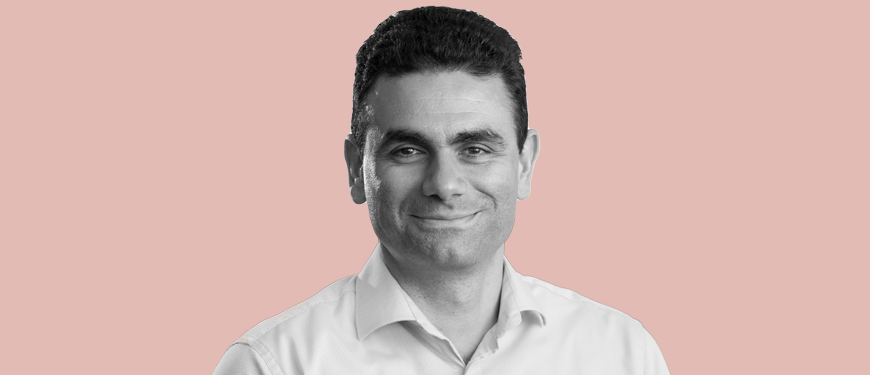By Marianne Lie Becker, mlbecker@health.sdu.dk
Why did you become a researcher?
Because I am curious; being a researcher is about exploring questions and finding some answers (which often lead to new questions!).
I like the challenge and the relative autonomy the job provides, as well as the variety in the tasks that I undertake; no two days are alike! I also cherish the opportunity to meet and collaborate with researchers from across the globe. This is not an opportunity many other jobs offer.
What’s keeping you busy at the moment?
I have recently built a new research centre, the Danish Centre for Motivation and Behaviour Science (DRIVEN).
DRIVEN is a multidisciplinary effort across different SDU faculties to deliver cutting-edge research, education, and consultancy on factors that support sustained behaviour change in various contexts such as health, education, the environment, and the workplace.
I am very busy at the moment trying to establish national and international networks of collaborators in academia and in industry with which DRIVEN can pursue projects of common interest.
Which burning question would you like to find the answer to?
One burning question in our field is why people fail to maintain changes in their behaviours long-term.
Generally speaking, it is easier to start making changes in terms of what we eat, our exercise patterns, how we manage distractions at work, etc., but we often struggle to maintain such changes.
There are a lot of potential reasons and explanations for this problem, but a burning question is how we can offer individually-tailored solutions in terms of “who needs to do what, when, where, and how” to maintain their behaviour changes.
What’s the greatest thing that has happened in your field?
We have seen in the last few decades the introduction of a large number of very informative theoretical frameworks as well as significant advances in methods and analyses. I will single out the fact that we are working more collaboratively than ever before, not just in terms of different academic disciplines coming together, but also in terms of involving more end-users and community/clinical stakeholders and policy makers in the design, delivery, and evaluation of our behavioural interventions.
In what ways would you like others to benefit from your research?
Changing people’s behaviours is often challenging and complex. Health-care providers, parents, teachers, managers, and various organisations and communities often find it challenging to motivate themselves and/or others.
The overarching objective of my research is to motivate and empower individuals and communities to make sustained changes in their behaviours that will help them accomplish valuable goals and also experience psychological well-being.
Which other field(s) of study are you most fascinated with?
Other fields of study that I’m very interested in economics, particularly the field of behavioural economics. This field combines economics and psychology and discusses how and why people can make “irrational” judgments and choices which cannot be explained by rational “mainstream” economics models.
I also find the field of epidemiology very fascinating; analysing the determinants and patterns of disease and health and using this evidence to inform preventative healthcare. History is another fascinating field of study, as often stated in psychological papers, past behaviour is a strong predictor of future behaviour!
What do you have in your office that few others have?
I am proud to have Fellowship certificates from some of the most prestigious societies in my field, the American Psychological Association, The British Psychological Society, the Academy of Social Sciences (UK), and the Society of Behavioral Medicine (US). These fellowships are awarded to fairly few researchers who have made significant contributions over a number of years to the fields of psychology and behavioural medicine.
Who do you admire the most?
I could mention a few people but, to keep my answer short, I will refer to one: Hippocrates. He was born on the island of Kos (Greece), the island where I was born. He was a physician of the classical period who revolutionised ancient Greek medicine by using clinical observations and developing a systematic categorisation of diseases. He is widely regarded as the Father of Medicine. Many newly qualified doctors from around the world travel to Kos every year to take the Hippocratic Oath (an oath of medical ethics).
